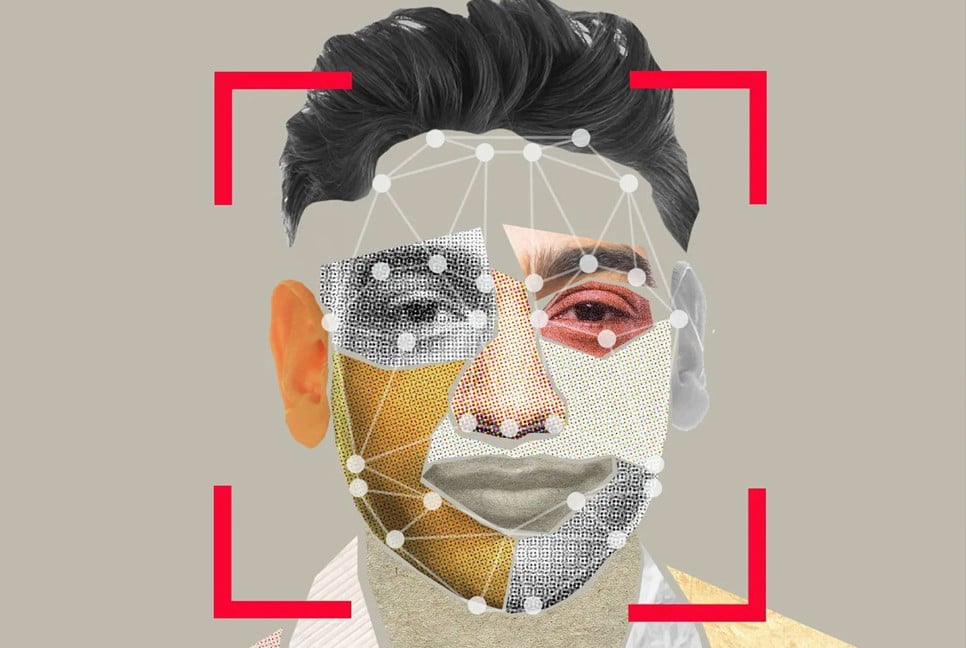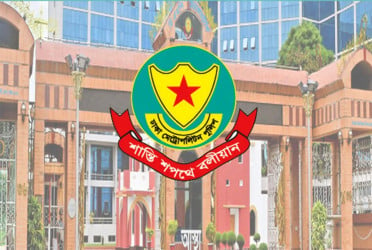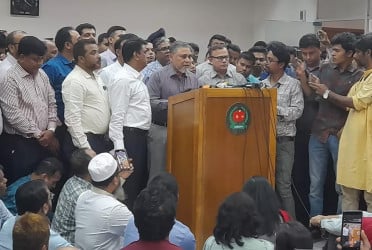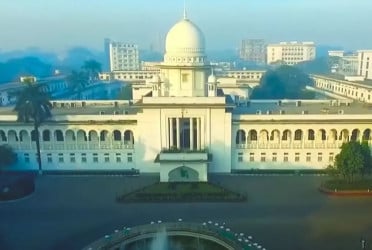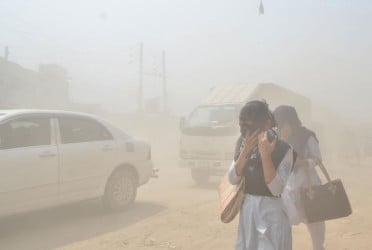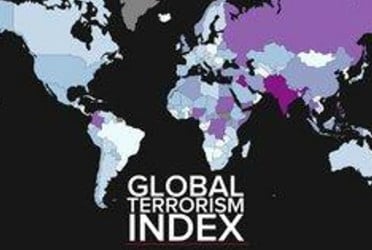Human Rights Watch (HRW) has raised alarm over El Salvador’s newly approved cybersecurity and data protection laws, warning that the legislation could undermine media freedom and citizens' privacy rights. The laws, passed by the Legislative Assembly on November 12, 2024, give the government sweeping powers, including the creation of a State Cybersecurity Agency with extensive oversight and control over data protection.
HRW on Thursday (NY local time) stated that the cybersecurity law establishes a government agency led by a presidential appointee to manage national cybersecurity policies, resolve disputes, and impose sanctions. The law also grants the agency the authority to monitor data protection compliance and direct actions in response to cybersecurity threats. This concentration of power in the hands of a presidentially appointed official raises concerns about the potential for abuse, HRW said.
Of particular concern is the new "right to be forgotten" under the data protection law, which allows individuals to request the removal of personal information from the internet. However, this provision could be used by the government to delete information critical of officials, HRW warned. While the law excludes information necessary for free expression and press freedom, it allows removal of data deemed "inaccurate, incomplete, or outdated," a provision that could be manipulated to suppress unfavorable reporting.
Juanita Goebertus, Americas Director at HRW, stated, "These new laws could be used to delete online publications that are critical of the government under the guise of data protection. This is a recipe for censorship and opacity."
International organizations, including the Organization of American States' special rapporteur for freedom of expression, have expressed concerns that the "right to be forgotten" could restrict public access to important information. The Global Principles on Protection of Freedom of Expression and Privacy, developed by ARTICLE 19, emphasize that such laws should not interfere with the publication of information about government officials or matters of public interest.
Another troubling aspect of the data protection law is its broad exemption for data related to "public security, state defense, national security, and crime prevention." This provision could allow government agencies to publish personal data for security purposes, potentially putting citizens' privacy at risk.
HRW warns that, in El Salvador’s current climate of press restrictions and harassment of independent journalists, these laws could further stifle freedom of expression and the right to information. "There is a serious risk these laws could be weaponized to threaten, silence, or hinder freedom of expression and information," Goebertus added.
Bd-pratidin English/ Jisan







